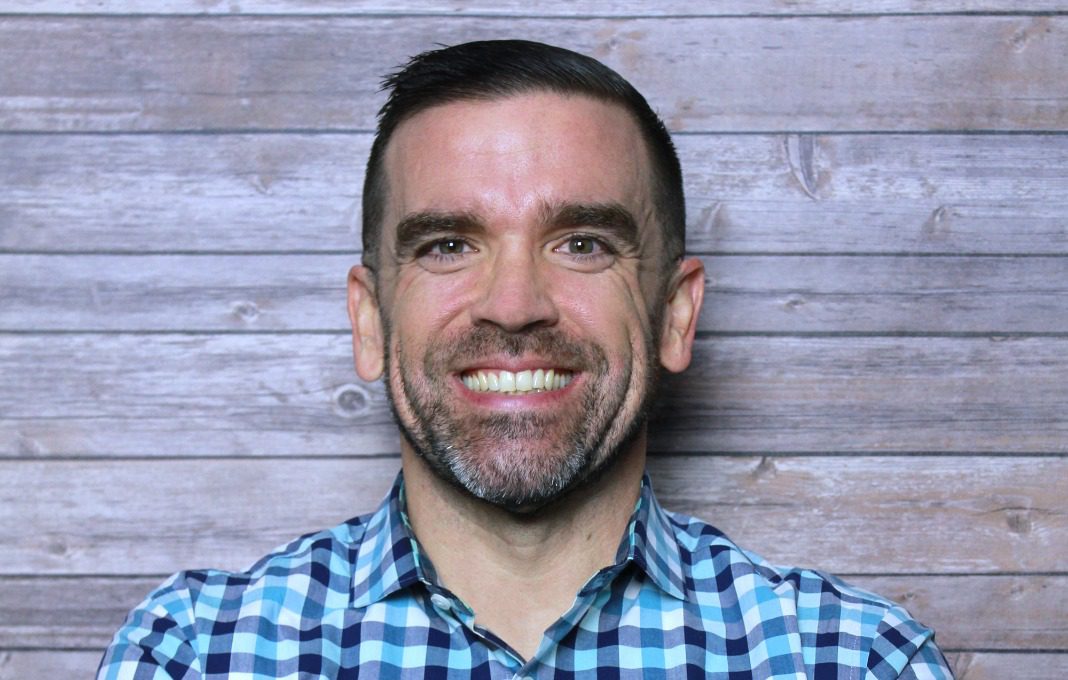
There are many advantages to serving as a finance professional in a variety of companies, says Dennis McLaughlin, CFO of Fortis Payment Systems, a payments tech company based in Novi, Michigan.
McLaughlin has more than two decades of experience in private equity-backed and public companies. He has served as vice president of finance at Berkeley Research Group, Paya and JPMorgan Chase, as well as director of finance for Capital One. While at Paya, McLaughlin was the interim CFO and responsible for all facets of finance and accounting.
McLaughlin spoke with StrategicCFO360 about why today’s CFO should have a broad perspective, how the profession has evolved and the importance of agility.
How have your roles at various private equity-backed and public companies differed, and how did you adapt to the changes? How were these roles similar?
Public companies have external shareholders, quarterly expectations to focus on and additional regulatory requirements to be considered, whereas in PE-backed companies, it is about maximizing the enterprise value of the company with a high degree of focus. In my experience, in each of the companies I worked at, the size of the company was significantly different.
In the smaller, PE-backed companies I have been a part of, including Fortis, one of the things I enjoy the most is that the impact on the company’s direction and results that I can make is much more tangible and clear. In addition, smaller PE-backed companies have afforded me involvement in all facets of the finance function—such as treasury and cash management, and M&A—that I didn’t get exposed to as much at the big public companies that I was a part of because they were centralized or otherwise handled by another group. This has been a great learning experience for me, and I believe has made me a more well-rounded professional.
How do you see the CFO role changing in the new world of work?
Today, a CFO must manage all the normal finance duties one would expect, but they are also uniquely positioned to provide advice and leadership to their teams as the organization adapts to a rapidly changing world. Topics like digital transformation, real estate footprint, remote work strategies and more have come to the forefront in the past year and half of the pandemic. A CFO is uniquely positioned to look across the entire organization and drive how a company thinks about and addresses these issues.
What defines a traditional CFO versus a modern CFO?
A CFO’s main job used to be all about financial reporting, safeguarding the company and its assets, as well as providing forecasting and planning. The CFO was typically considered a “numbers person.” Those days are over.
A modern CFO is someone who can manage the traditional duties, but also be a business partner to their colleagues across the company. The modern CFO needs to be strategic and proactive in developing and implementing a company’s plan and operating model. They must lead the way in identifying when adjustments to the model need to be made. Data, and not gut feelings, should influence their advice and activities across the organization and they should enable their fellow leaders to use the same approach in their respective departments.
What advice would you give to other CFOs in a similar field? How should this feedback be taken into consideration as we head into 2022?
For CFOs—as well as those who aspire to be CFOs—my advice is to get as broad as possible with your experience and skill set. Embrace opportunities that are outside the traditional “dollars and cents” functions. CFOs are best positioned to be the ultimate utility player for a company. This means stepping outside your comfort zone and raising your hand to tackle some of the big challenges facing companies today.
The truth about many of these challenges, particularly those that are influenced by outside events, e.g., the pandemic and its various economic ripples, is that it’s new territory for everyone. Companies need people to adjust, and the CFO who touches every aspect of the company is in a great seat to help.








